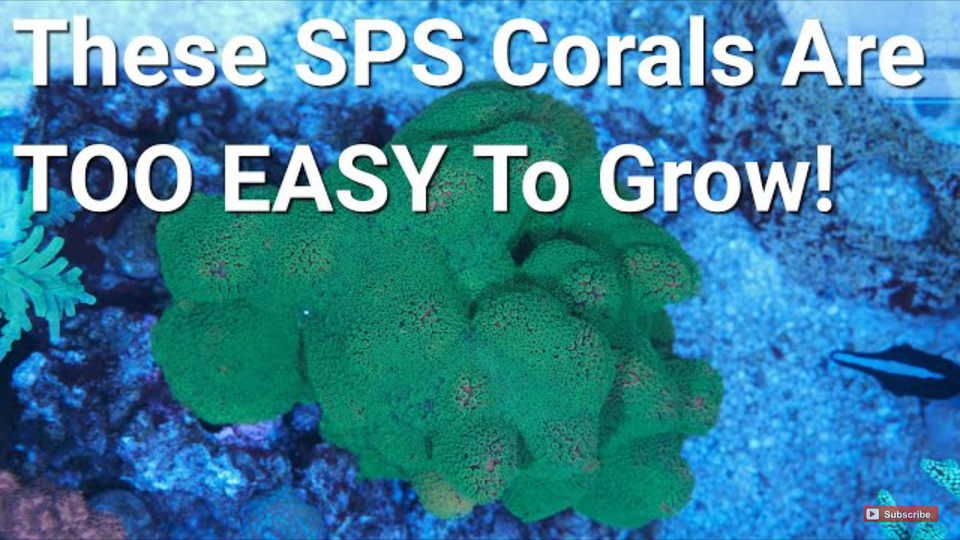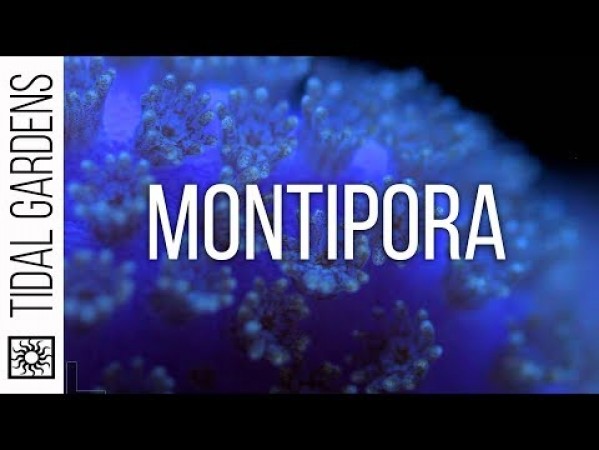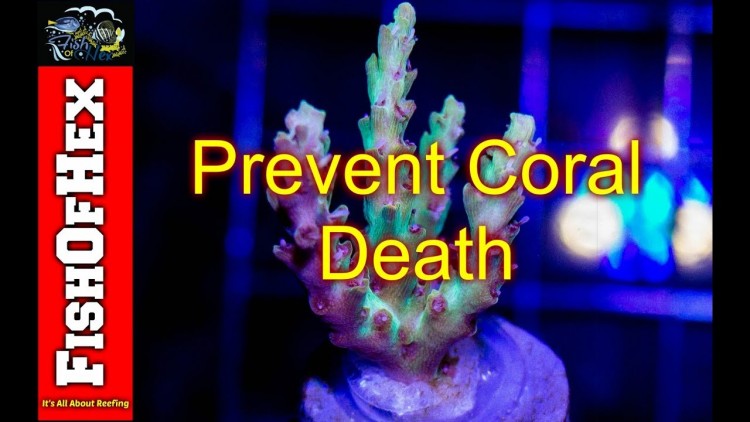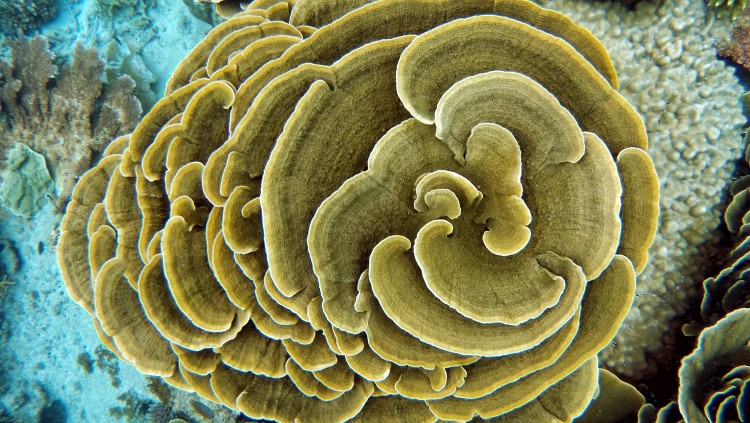- Name:
Dyni Monti
(View AKA's) - Family: Acroporidae
- Species: Montipora
- Scientific Name: Montipora sp
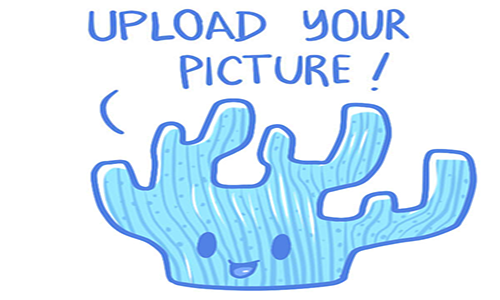
General info about Dyni Monti
In general, corals coming from the genus Montipora takes several coral lifeform like submassive, laminar, foliaceous, encrusting and branching. Their appearance and coloration is usually mottled in nature. They have corallites that are considered one of the smallest as far as the family of corals is concerned. Their walls usually has an elaborate structure and has a porous texture.
This are the water parameters in cultivating Dyni Monti:
- Calcium: 400 - 450 ppm
- Alkalinity: 3.2 - 4.5 MEQ/L
- Phosphates: 0
- Magnesium: 1350 - 1500
- Strontium: 10
- Temperature: 72° - 78° F (22° - 26° C)
- Salinity / Specific Gravity: 1.024 - 1.025
Dyni Monti Diet & Nutrition
The Dyni Monti get its primary nutrition from a symbiotic algae called zooxanthelae that is living within their tissues. But despite this symbiotic relationship with an algae, we still recommend you do supplemental feeding by adding mysis and brine shrimp in the water.
Fragging / Propagating Dyni Monti
A mature tank is highly recommended in propagating Blue rimmed green capricornis. They should be set on the middle or bottom part of the tank.
Flow / Lighting Requirements for Dyni Monti
The Blue rimmed green capricornis requires moderate lighting and moderate waterflow.
Dyni Monti Origin
The Dyni Monti can be found in the waters of the Indo Pacific Ocean. They are considered as a vulnerable species listed under Appendix II of the CITES list.
How to Acclimate Dyni Monti
The Dyni Monti are purely marine, therefore, salinity must be maintained thoroughly at 1.023 to 1.025 specific gravity.
Original Detail
| Name | Species | Family | Scientific Name | More Detail | Added by |
|---|---|---|---|---|---|
| Dyni Monti | Montipora | Acroporidae | Montipora sp | In general, corals coming from the genus Montipora takes several coral lifeform like submassive, laminar, foliaceous, encrusting and branching. Their appearance and coloration is usually mottled in nature. They have corallites that are considered one of the smallest as far as the family of corals is concerned. Their walls usually has an elaborate structure and has a porous texture. This are the water parameters in cultivating Dyni Monti:
|
PalaciosAn |
Changed by users
| Submitted Date | Submitted By | Status | Action |
|---|---|---|---|
| 2019-10-15 03:23:50 | PalaciosAn | Approved |


